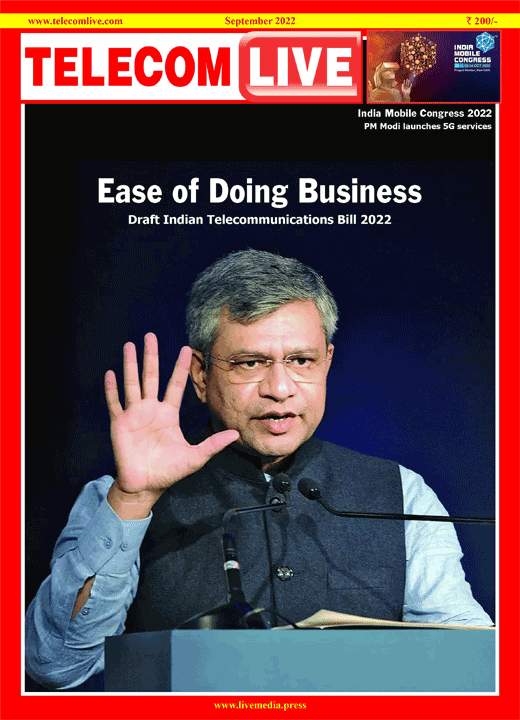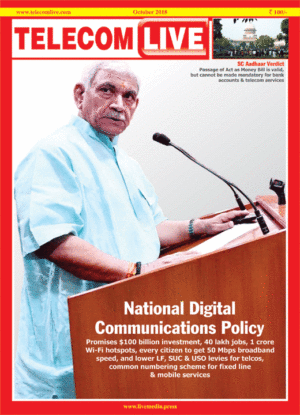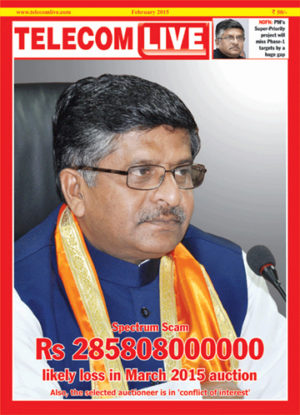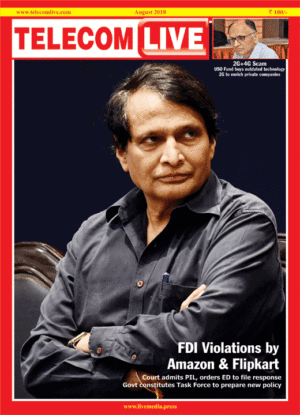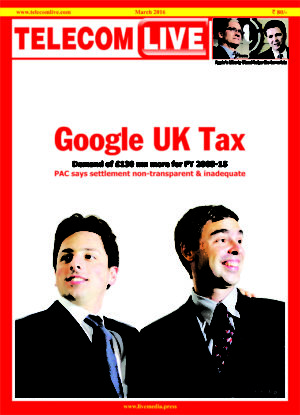A new Communication law will bring forth a slew of industry friendly measures and replace the historical laws, some of which have been operational from the colonial era. A draft of this Bill is in circulation and the stakeholders can submit their comments by October 20, 2022. The proposed law is a comprehensive sweep and takes in stride all the issues the telecom sector has witnessed over the years including its run-ins with government over payment defaults and continuous back and forth over spectrum valuation.
Mergers, demergers, acquisitions or any other forms of restructuring will require only intimating DoT. Spectrum would be allotted both through auctions and without, through an administrative process. During insolvency, an operator in default in paying dues can continue to provide services on assigned spectrum or else the spectrum would revert to government. In cases of default in payment by a licensee, subject to determinations of extraordinary circumstances, including financial stress, consumer interest, it is stipulated that the government may defer the payment of such amounts, convert a part or all the amounts payable into shares, or write-off such amounts.
As for penalties, they focus on compliance of legal provisions. It has moved away from the stances of imprisonment and punishment, most offences would warrant fines. Settlement in lieu of criminal proceedings is allowed in respect of most offences, except the ones such as providing telecommunication services without valid license, unlawful interception, etc. All offences under the Bill are bailable.
Telecom services will include all manner of voice and data services including broadcasting services and they will cover the entire gamut of connectivity and user base – inflight, maritime, interpersonal, M2M, OTT etc.
Setting up of telecom infrastructure will be simple and easy. A provider will need to obtain only a registration, not a license. Existing providers can continue to operate for five years and then migrate to new terms and conditions. RoW will be governed by a non-discriminatory and uniform regulatory framework on public property while for private property there are enabling provisions.
USOF will undergo changes including a name change. It will be called the Telecommunication Development Fund (TDF), its role will be expanded beyond providing access in rural areas and include under-served urban areas, R&D, skill development, etc. With the purpose of ramping up technological development a ‘Regulatory Sandbox’ will also be set up. All these formulations were preceded by an extensive consultative process and the government wants every side covered.
